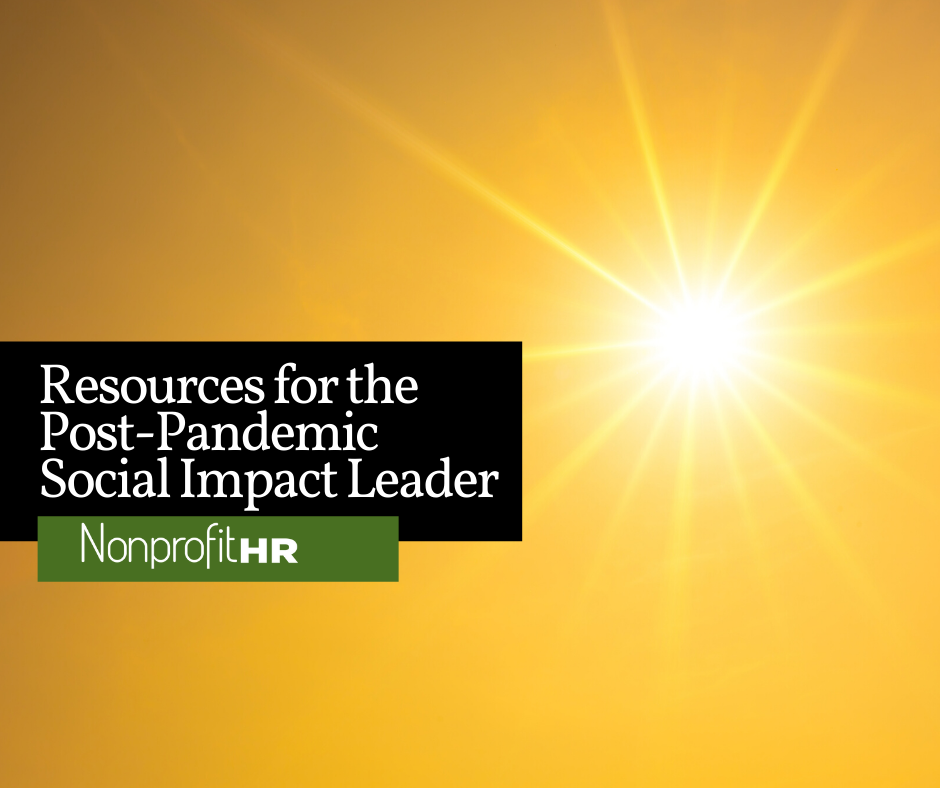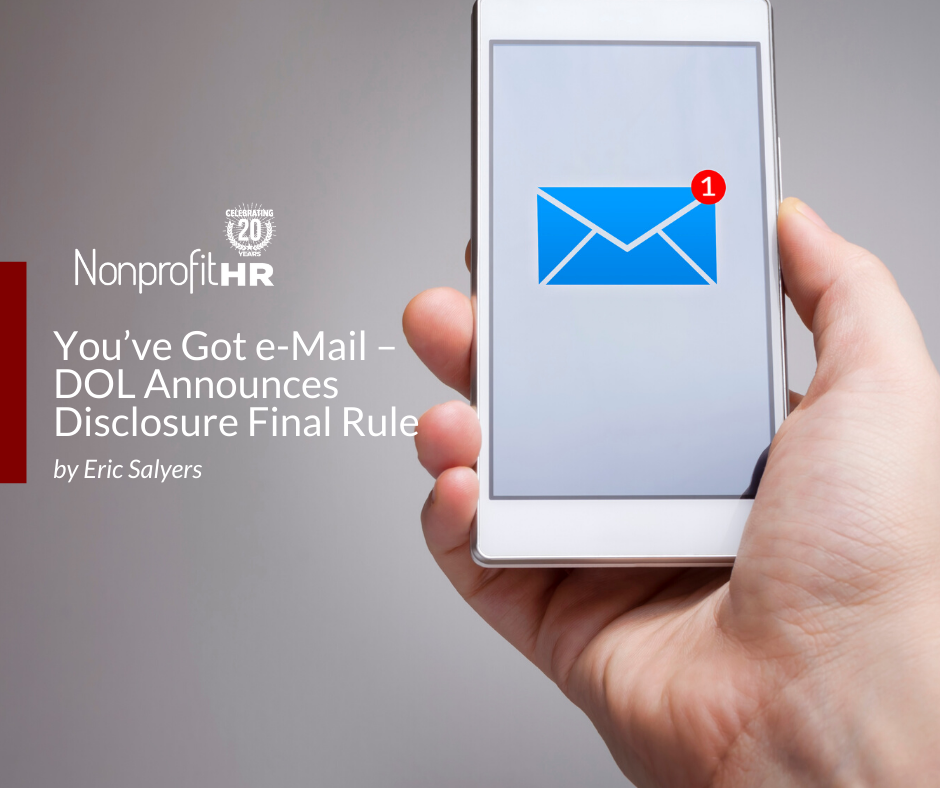WTOP: 5 ways nonprofits can…
Nonprofits Among Employers Possibly Impacted by Future Non-compliance

Codified as Section 203-e of the New York Labor Law, employers are now prohibited from:
- accessing an employee’s personal information regarding the employee’s or the employee’s dependent’s reproductive health decision making without the employee’s prior informed affirmative written consent;
- discriminating or taking any retaliatory action against an employee with respect to compensation, terms, conditions or privileges of employment because of the employee’s (or the employee’s dependent’s) reproductive health decisions; and
- requiring an employee to sign a waiver or other document which purports to deny the employee the right to make their own reproductive health care decisions.

- a private right of action against employers for alleged violations
- back pay, benefits, reasonable attorneys’ fees, reinstatement, and injunctive relief, among other things
The impacts go beyond that, as courts may award liquidated damages equal to one hundred percent of the damages award, unless the employer can prove a good faith basis to believe its actions complied with the law. The law also allows for employees to receive a separate civil penalties award if retaliation was part of the grievance.
Guidance from the New York State Department of Labor is pending, and is expected to include exactly what must be included in the required notice described above. In the meantime, employers should begin revising their employee handbooks and reviewing their employee privacy practices for compliance with the provisions of the law.
Access the amended Section 203-E discrimination law.
Is your organization at risk?
Schedule a mini-consult now with Nonprofit HR now and we’ll help you assess your level of compliance on this law!
Deanna Balkcom, MBA, MS, SHRM-SCP
Director, Business Development
Nonprofit HR
































